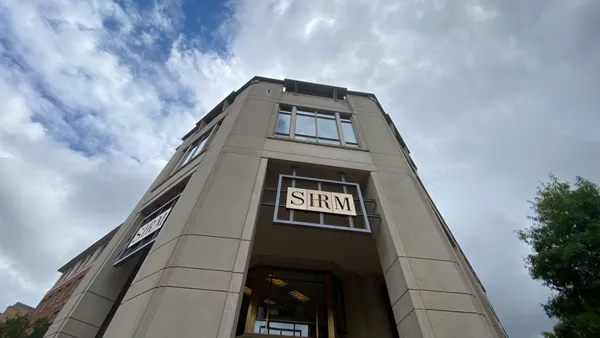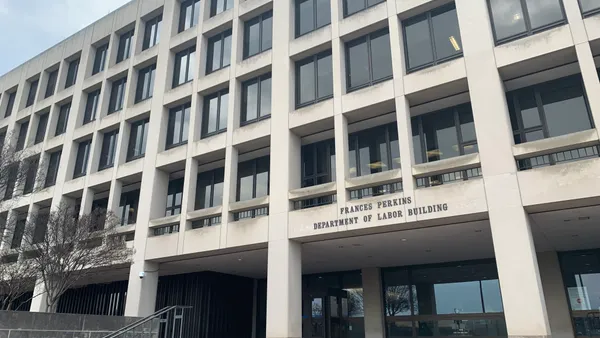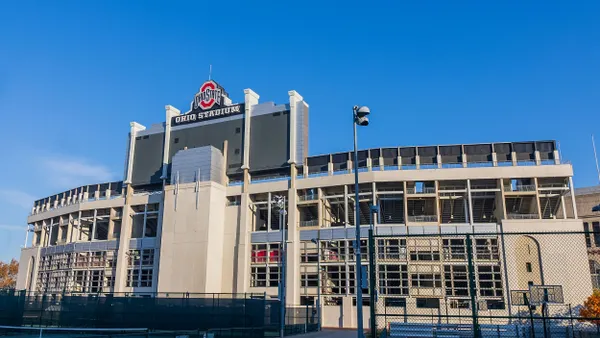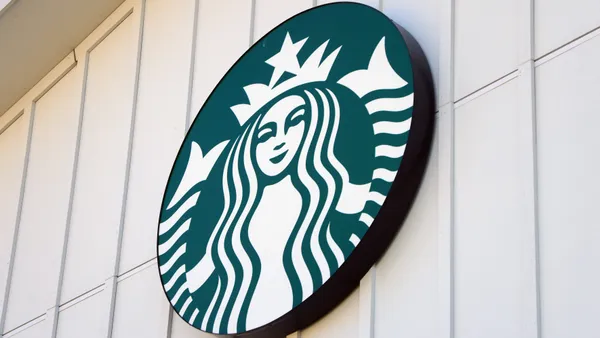Dive Brief:
- Business groups challenging the deadlines for Seattle's $15 minimum wage law struck out on Monday, as the U.S. Supreme Court refused to take up its case, according to media reports.
- Reuters reported that he International Franchise Association and other businesses that challenged the ordinance tried a sideways approach. Instead of fighting the law directly, they said that Seattle unfairly excluded local franchises of large companies (such as McDonald's and Burger King) from the delay granted to smaller companies — an additional three years to become compliant.
- According to Reuters, the law's supporters praised the court's move, which left intact a lower court ruling allowing the law to stand as is. The proponents see it as a blow to "the big business lobby" that has taken aim at proposed minimum wage increases that affect lower paid workers across several industries, but especially in this case franchise workers in fast food.
Dive Insight:
Seattle, the first major U.S. city to enact a $15 minimum wage, has since been followed by cities such as San Francisco and Los Angeles, as well as the state of California and New York, though enforcing such ordinances is proving tricky.
The high court's move means that similar wage laws can see franchises as offshoots of brand parents, rather than independent small businesses, which often get deadline extensions when adopting the higher minimum wage.
The franchise association was not happy with the outcome, as Robert Cresanti, the group's president, told Reuters that "Seattle's ordinance is blatantly discriminatory and affirmatively harms hard-working franchise small business owners every day since it has gone into effect."
Backers of the wage boost have a different view, of course. Working Washington, a coalition of labor and nonprofit groups, called the Supreme Court's move not to review the case a worker victory.














